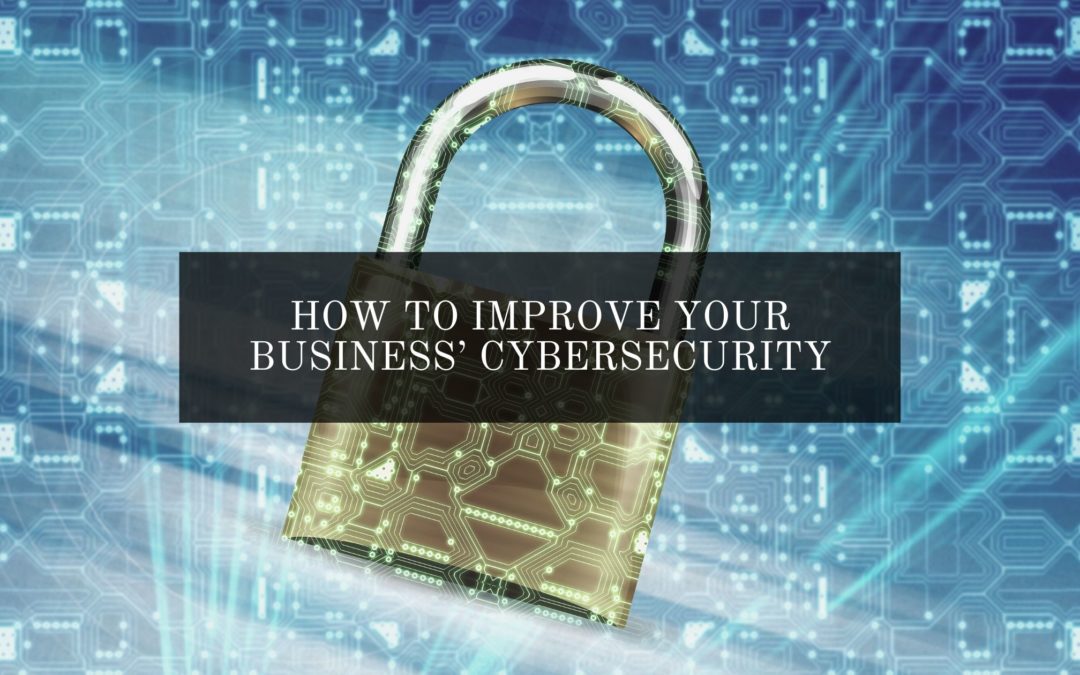In the modern technology world, everyone must have some form of cybersecurity to protect their businesses from hackers (unless you do business using paper only). It doesn’t matter how big or small your company is; hackers don’t discriminate when they really want to get into someone’s system. To keep yourself from falling victim to a cyberattack, here are a few steps you can take to bolster your cybersecurity and protect your business.
Have a Plan
You can’t fly into something this serious blindly, so before you do anything else, make sure you have a plan of action. Having a plan acknowledges that cyberattacks are a real potential threat to your company and allows you to figure out exactly what to do in various scenarios well before they could happen.
Enable Two-Step Verification
This has become a standard practice for big companies like Google, Microsoft, and Apple. If you were to make a new Gmail account right now, a box would automatically pop up, offering the use of this function by adding either another email or cellphone number to your account. Enabling two-step verification will make it harder for would-be hackers to access any of your accounts even if they do have your password, giving you one of the best ways to protect your information.
Backup Your Data
This is critical even outside of a cybersecurity context. Backing your data up onto an external hard drive or flash drive minimizes the amount of data you could potentially lose if you get locked out of your information for a day or accidentally pick up a virus that can go and go and delete all of your data. Rather than risking the loss of absolutely everything by keeping your information in one place, backing up your data elsewhere will save your future self a headache (or, potentially, a panic attack).
Remember Physical Security
Don’t neglect your physical security as well! You can have the best cybersecurity that technology can provide, but often it’s the physical aspects of cybersecurity that unlock the doors for hackers. The four most common physical security lapses are writing down passwords, using whiteboards, leaving sensitive documents out in the open, and too-easy access to any access cards. If anything must be written down, lock them away somewhere secure and not accessible to everyone; if it’s possible not to have information written down, then avoid doing so.

